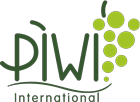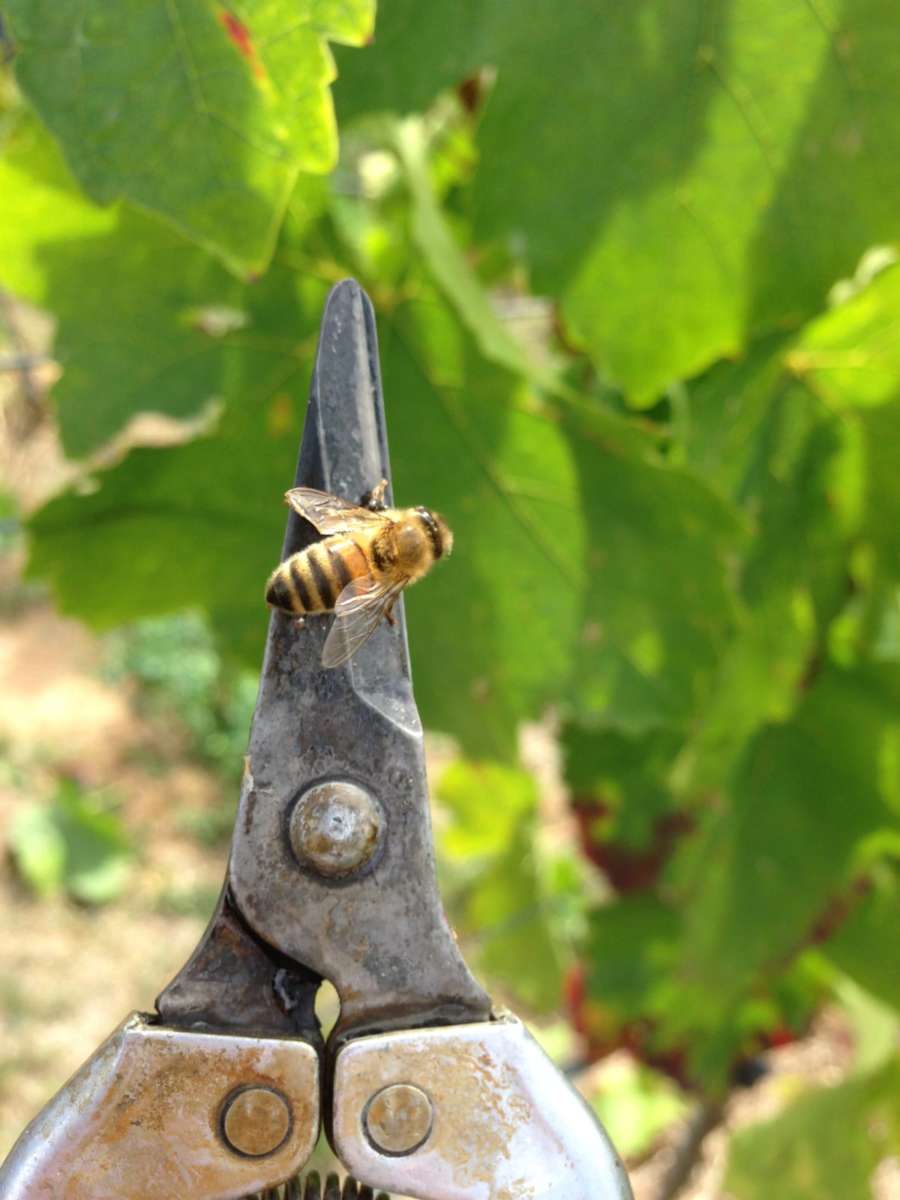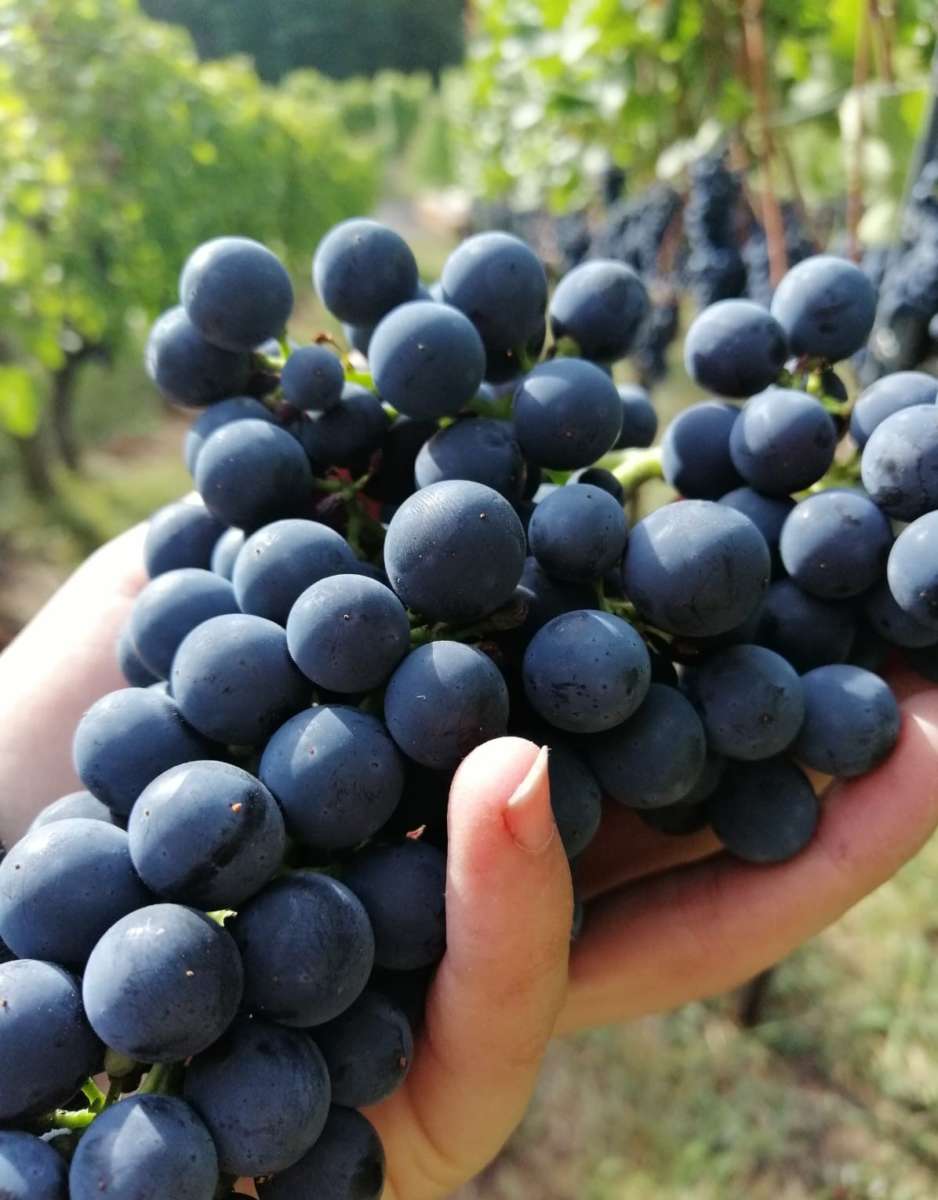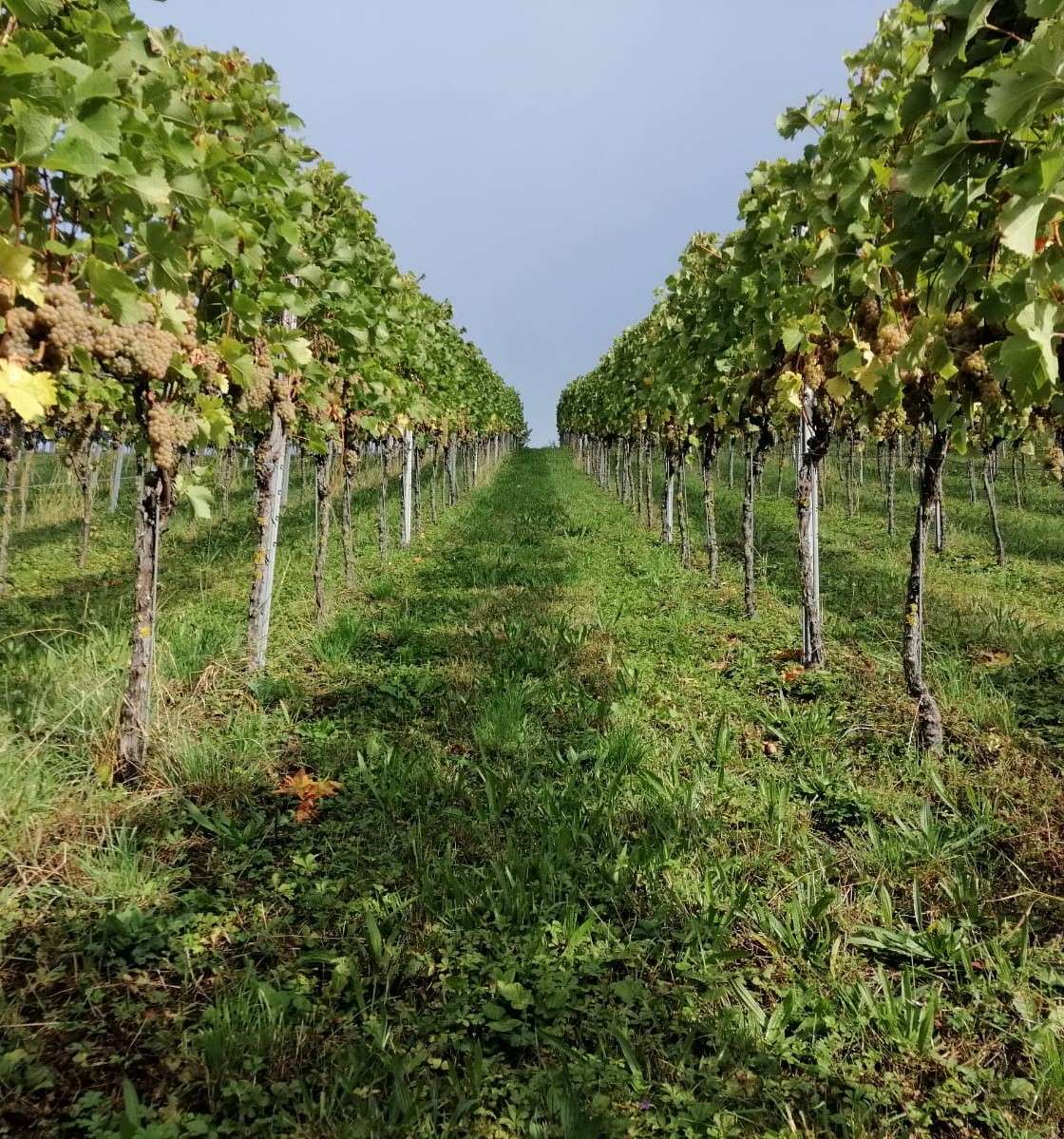PIWI Wines: Ecological. Economical. Sustainable.
 Ecological
Ecological
The viticulture is to a considerable extent from Pesticides in the form of chemical or biological agents (fungicides). Without the regular use of these "repellants" high-quality wine production would not be possible. This applies to both conventional and organic viticulture.
PIWIs are the real heroes among the grape varieties. You don't need these constant "repellants" because they are natural robust against fungal diseases are.
They are sustainable and environmentally friendly as they require very little organic crop protection and plant care products to produce excellent wines with an exciting range of aromas. This directly protects the environment because very little pesticide is released into the environment.
The indirect contributions environmental protection of PIWI grape varieties are also significant. The reduced need for crop protection products saves resources that would otherwise have to be used to manufacture the fungicides. In addition, energy and CO₂ emissions are saved, which would be used in the production of pesticides and the application of these agents in the vineyard. The result is a reduced engine and fuel costs in the vineyards, from which both winemakers and environmentally conscious consumers benefit.
Winegrowing without chemicals and without soil pollution is not a dream. But PIWI reality!
 Economical
Economical
With fungus-resistant grape varieties, wine producers are one step ahead of nature. After all, any form of plant protection is basically just a "reaction" to the challenges in the vineyard.
With PIWI Wines it is possible to bring nature-winemakers-consumers into a green balance.
Savings in pesticides, reduction of tractor rides in the vineyards and thus a reduction in energy consumption and soil pollution..
Additionally, beneficial organisms in the vineyard are protected. The higher yield reliability and reduced costs of plant protection generate a great economic benefit for PIWI Wines. Nature, winemakers and consumers are the winners.
Here and now, PIWI Wines are the best way to practice sustainable and future-oriented winemaking.
 Trendsetting
Trendsetting
There is new scientific evidence that the combination of fungus-resistant grape varieties and the vine training system of minimal pruning on trellis is the key to sustainable winemaking adapted to climate change.
The NoViSys research project at the Heilbronn University has been investigating the sustainable and positive effects of PIWI Wines in connection with the vine training system of minimal pruning on trellis.
Global warming is also a great risk for winemaking and the winemaker is confronted with some new challenges. The so-called "aromatic grape varieties" like Sauvignon Blanc, Scheurebe, Gelber Muskateller, Gewürztraminer are losing acidity due to the strong climate change and the resulting heat.
The increase in warm and humid weather conditions is a great pressure on the winemakers. The PIWI grape varieties bred in a natural way in the research facilities represent a tasty supplement for these aromatic grape varieties.




